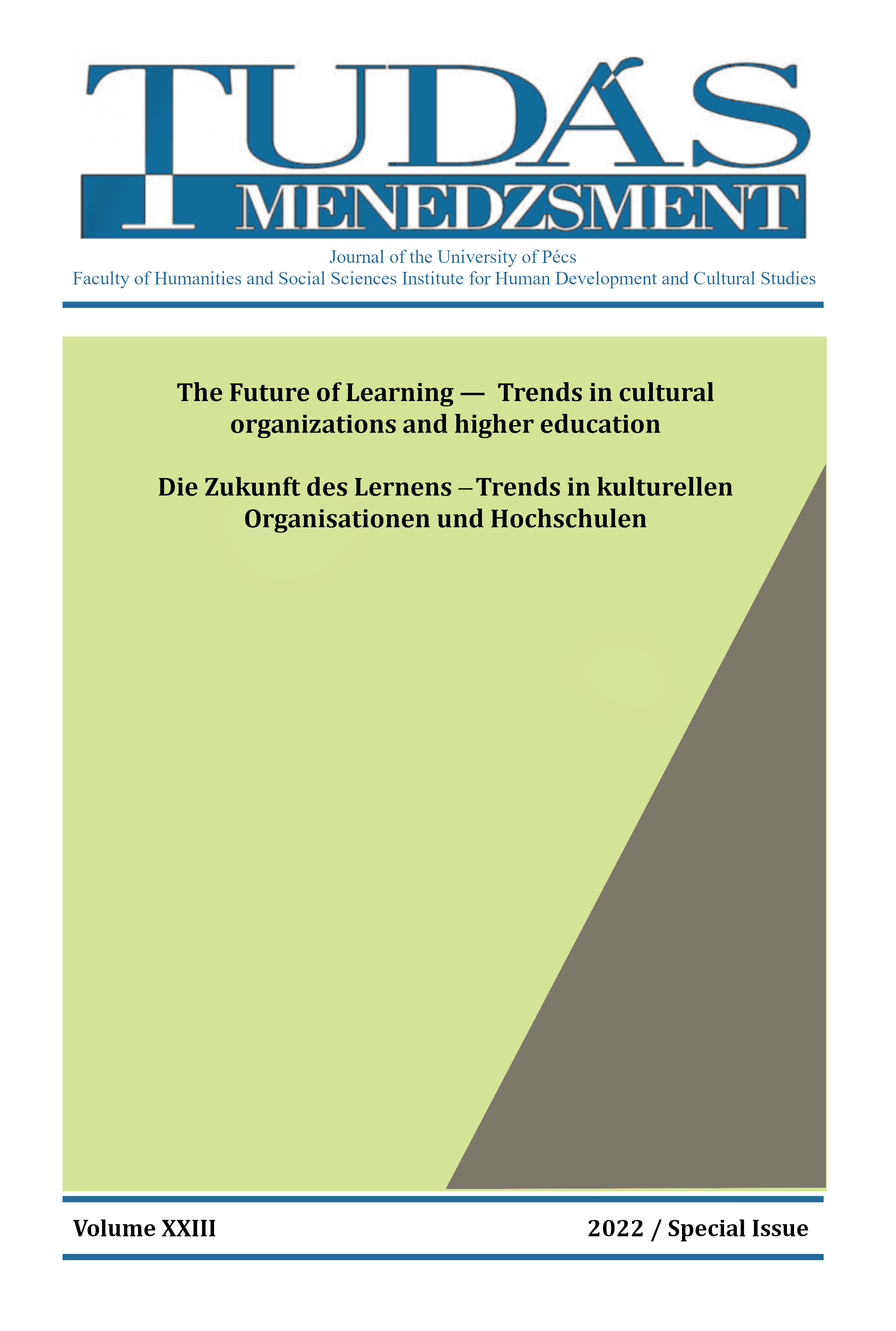Power and culture in Peru: A sociological study from the perspective of representatives of the Frankfurt School
DOI:
https://doi.org/10.15170/TM.2022.23.K1.3Absztrakt
Today, political, social and economic norms constantly strive to reduce poverty, boost economic growth, achieve demographic improvements and promote equality and security within a population. However, the urban centralism observed in Peru does not meet these objectives at all levels. Despite the fact that rural communities represent about a third of the population, for many years and as the basis of a historical cultural agreement, they have been little talked about and their potential for development has been underestimated. The exploitation of indigenous labour was normalised under capitalism, making the population identify with this reality as a social norm. Thus, people began to identify with the lifestyle imposed by the culture industry. In the case of the urban population, they came to identify with the associated social factors, such as social status. And in the case of the rural population, they were indoctrinated by being passive recipients of a world that apparently cannot change. This study analyses this problem from an economic, political and cultural perspective under the thinking of the representatives of the Frankfurt School from the perspective of power and culture issues. It seeks to make Peruvian society aware of the need to create a continuing and adult education proposal that stimulates and transforms learning processes in vulnerable populations, as is the case in rural Peru, thus optimising their development as a community for the struggle for social recognition on a cultural and legal level, reducing oppression and achieving reconciliation between the urban and rural areas.


